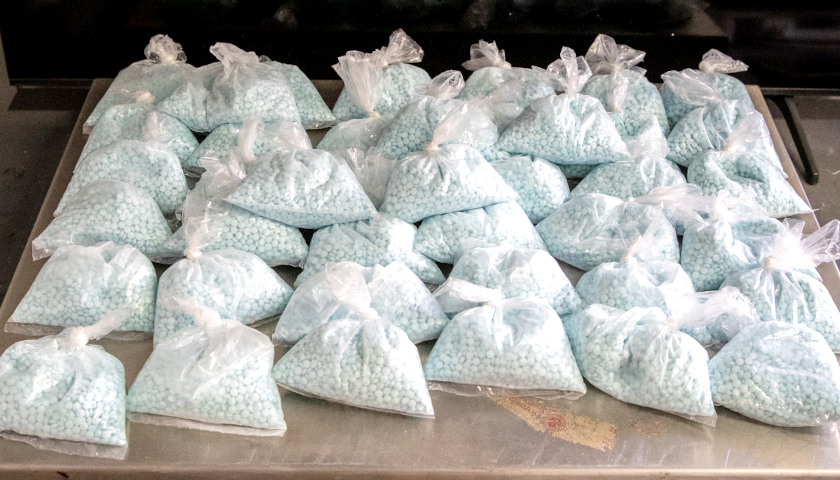by Brett Rowland
The U.S. Drug Enforcement Agency has issued another warning about the growing prevalence of a veterinary sedative in illicit fentanyl supply.
For years, dealers have been mixing xylazine, a non-opioid tranquilizer approved for animal use, with fentanyl and other drugs to increase potency and profits.
In 2022, about a quarter of all powered fentanyl contained xylazine. In 2023, about 30 percent of all powered fentanyl contained xylazine, DEA Administrator Anne Milgram said in a recent statement. The percentage of fentanyl pills testing positive for xylazine decreased slightly from 7 percent in 2022 to 6 percent in 2023.
In total, DEA seized 12,000 pounds of fentanyl powder and 79.5 million fentanyl pills in 2023.
Xylazine can cause serious, recalcitrant skin ulcers and necrotizing wounds, according to the Pennsylvania Department of Health. Stigma about the drug – known as tranq, tranq dope, sleep cut, or zombie drug – can prevent some people from seeking treatment for the wounds. Left untreated, the wounds can become infected, and in some cases, require amputation.
In July 2023, the White House Office of National Drug Control Policy outlined a plan to reduce xylazine-positive drug deaths by 15 percent in most of the country. The plan focuses on testing; data collection; evidence-based prevention, harm reduction and treatment; supply reduction; and scheduling and research. The goal is a 15 percent reduction – compared to 2022 as the baseline year – of xylazine-positive drug poisoning deaths in at least three of four U.S. census regions by 2025.
– – –
Brett Rowland is an Investigative Reporter at The Center Square.
Photo “Bags of Fentanyl” by U.S. Customs and Border Protection








